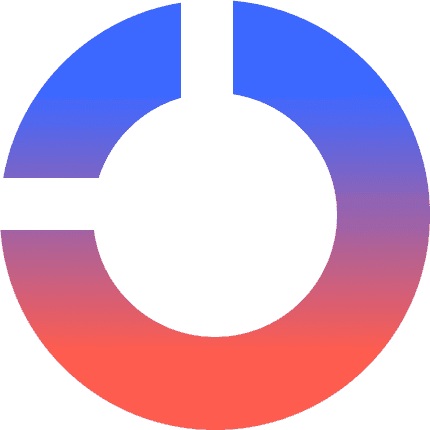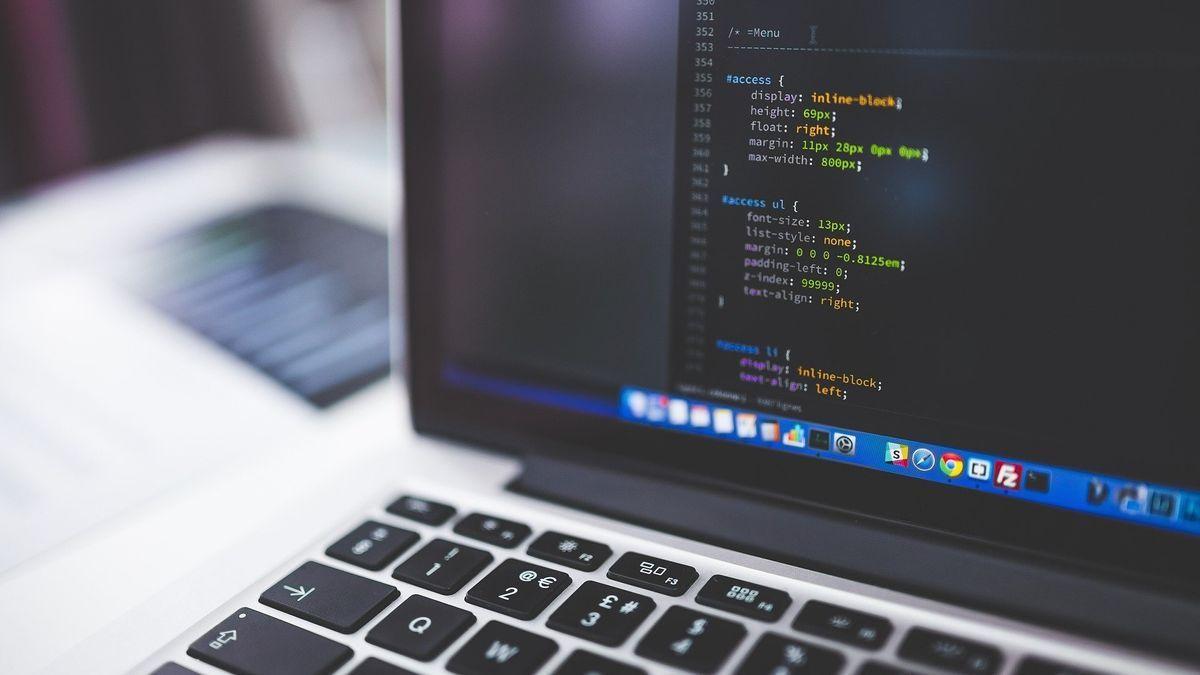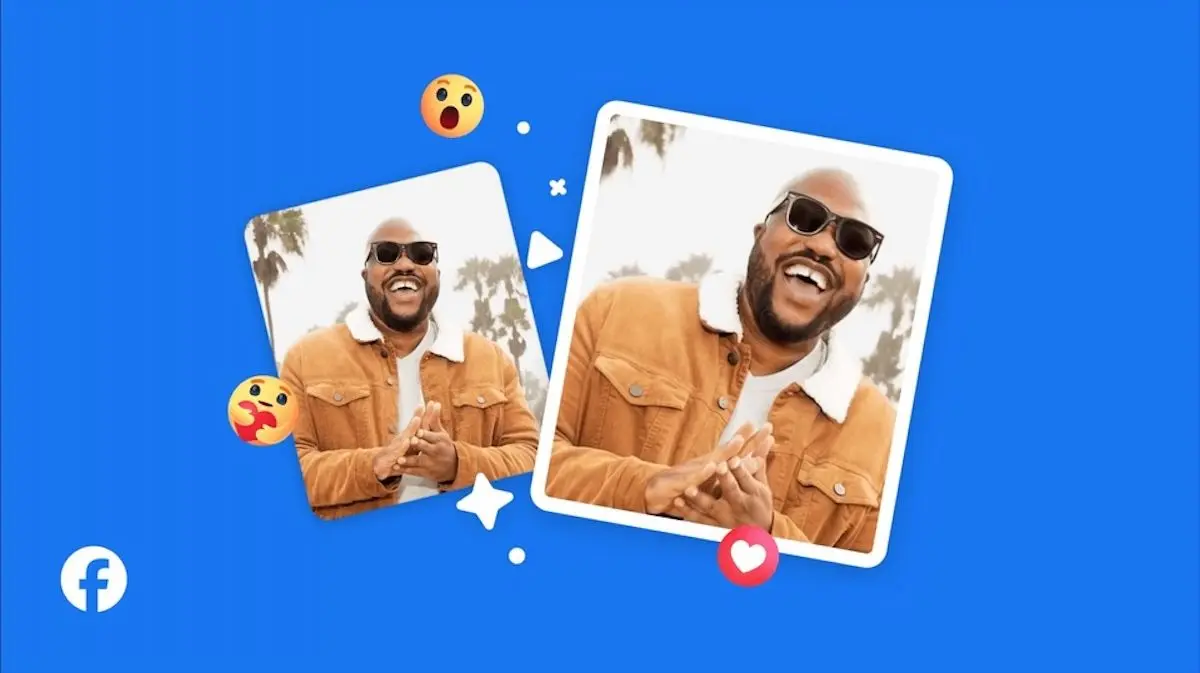Google Issues Comprehensive AI Coding Guidelines for Software Engineers
3 Sources
3 Sources
[1]
Google issues company-wide AI coding guidance to software engineers
Back in April, Sundar Pichai said over 30% of code at Google is now generated by AI. The company today released guidance for all Google software engineers on how to best adopt AI for coding and their work. A source familiar with the matter tells us that Google on Monday emailed all software engineers recommendations and best practices for using AI. This extensive document was created by fellow engineers, and takes into account what has worked so far at Google. The expectation is for everyone to use AI to boost their productivity. The hope is that this will lead to more rapid iteration and boost development. The guidance covers using AI assistance for coding, as well as understanding what the current generation can and cannot do. Google wants engineers across the company to understand how to build AI-based systems. More specifically, the goal is to have tech leads and managers understand how to incorporate AI development in teams. That 30% stat -- which increased by over 5% in six months -- involves AI generating code and humans reviewing it before it's accepted. Today's guidance emphasizes "maintaining rigor" across code review, security, and maintenance. Google also wants employees to explore using AI outside of coding. Today's guidance is the most formal the company has been about using AI, with existing adoption already quite notable. Pichai said earlier this month that AI usage has resulted in an estimated 10% increase in engineering velocity, or the amount of software work that's accomplished in a certain period. Externally, this follows Google releasing Gemini Code Assist and Gemini CLI in the past year. In a statement, Google confirmed that it issued this AI guidance today:
[2]
Google issues official internal guidance on using AI for coding - and its devs might not be best pleased
Google has issued new usage guidance and best practices for its internal developers using generative AI to help them code, and it may not come as a surprise the tech giant is pushing the security agenda. Following a period of experimenting with AI and determining its use cases, the document was actually created by engineers (via 9To5Google) before getting approved and disseminated. The guidance broadly encourages developers to adopt AI to boost productivity, enable faster iteration and enhance product development, however the importance of humans in maintaining security is stressed. The guidance reportedly covers using AI for coding assistance, its limitations and building AI-based systems. However, Google also noted it wants to see workers adopt AI in other regions of their work to help boost productivity further. Nevertheless, humans clearly remain an integral part of the development process, with code review, security and maintenance all areas that require further work. "Our engineering teams are already regularly using our AI tools for coding, fixing bugs, and much more," the company confirmed. "These recommendations and best practices, developed by a group of software engineers at Google, are designed to help all SWEs across the company get the most out of AI in their day-to-day work." The push comes amid growing industry-wide adoption of GenAI in software engineering. Earlier in 2025, Google CEO Sundar Pichai revealed that around one-third of the company's code is now AI-generated. Other companies, including Microsoft and Meta, are also increasing the amount of AI-generated code they use, and a recent study found that 30.1% of US Python code on GitHub was AI-generated. Google's most formal guidance on AI in coding to date could also go on to inform policies for other companies. It also highlights the company's growing reliance on generative AI tools.
[3]
Why Google coders just got new AI rules
According to 9to5Google, Google issued company-wide AI coding guidance to its software engineers, detailing best practices for AI adoption in their work, following CEO Sundar Pichai's April 2025 statement that over 30% of Google's code is AI-generated. The guidance, formally released today, was preceded by an email to all software engineers on Monday, providing recommendations and best practices for integrating AI into their workflows. This document was developed by Google engineers and incorporates successful AI integration strategies observed within the company. The overarching objective is to enhance individual engineer productivity and foster more rapid iteration and development cycles. The guidance encompasses the application of AI assistance in coding, alongside an elucidation of the current capabilities and limitations of existing AI technologies. Google intends for its engineers to comprehend the methodologies for constructing AI-based systems. Specifically, technology leads and managers are expected to gain proficiency in integrating AI development into their respective teams. The statistic indicating that over 30% of Google's code is AI-generated signifies a process where AI produces code, which then undergoes human review and acceptance. This figure represents an increase of over 5% within a six-month period. Today's comprehensive guidance places significant emphasis on "maintaining rigor" across critical development phases, including code review, security protocols, and ongoing maintenance. Google signs fusion power deal with CFS Google is encouraging its employees to explore and leverage AI applications beyond the scope of coding activities. This current guidance marks the most formal communication from the company regarding AI utilization, building upon previous notable instances of AI adoption within Google. Pichai previously stated that the utilization of AI has resulted in an estimated 10% increase in engineering velocity, defined as the volume of software development work completed within a specific timeframe. This internal development aligns with Google's external product releases over the past year, which include Gemini Code Assist, Gemini CLI, and Gemini in Android Studio. Google confirmed the issuance of this AI guidance, stating, "Our engineering teams are already regularly using our AI tools for coding, fixing bugs, and much more. These recommendations and best practices, developed by a group of software engineers at Google, are designed to help all SWEs across the company get the most out of AI in their day-to-day work."
Share
Share
Copy Link
Google has released company-wide guidance on AI adoption for coding, emphasizing productivity boost and best practices while maintaining rigorous code review and security measures.
Google's New AI Coding Guidelines
Google has taken a significant step in formalizing its approach to AI-assisted coding by issuing comprehensive guidance to its software engineers. This move comes in the wake of CEO Sundar Pichai's revelation that over 30% of Google's code is now generated by AI, marking a substantial shift in the company's development practices
1
.
Source: 9to5Google
The Scope and Objectives of the Guidelines
The newly released document, created by Google engineers themselves, outlines best practices and recommendations for integrating AI into coding workflows. Its primary goals are to boost productivity, enable faster iteration, and enhance overall product development
2
.The guidance covers several key areas:
- Using AI assistance for coding
- Understanding the capabilities and limitations of current AI technologies
- Building AI-based systems
- Incorporating AI development into team processes
Notably, the guidelines emphasize the importance of "maintaining rigor" across critical development phases, including code review, security protocols, and ongoing maintenance
3
.Impact on Productivity and Development
Google reports that the adoption of AI in coding has led to significant improvements in productivity. Pichai stated that AI usage has resulted in an estimated 10% increase in engineering velocity – the amount of software work accomplished in a given period
1
.The 30% figure of AI-generated code represents an increase of over 5% in just six months, highlighting the rapid integration of AI into Google's development processes
1
.Human Oversight and Security Measures

Source: Dataconomy
Despite the push for increased AI adoption, Google emphasizes the crucial role of human oversight. The AI-generated code undergoes human review before acceptance, ensuring that security and quality standards are maintained
2
.Broader Applications of AI
Google is encouraging its employees to explore AI applications beyond coding. This aligns with the company's broader strategy of integrating AI across various aspects of its operations
3
.Related Stories
Industry-wide Trends

Source: TechRadar
Google's move reflects a growing industry-wide trend of adopting generative AI in software engineering. Other tech giants like Microsoft and Meta are also increasing their use of AI-generated code. A recent study found that 30.1% of US Python code on GitHub was AI-generated, indicating a broader shift in the software development landscape
2
.External Products and Future Implications
In line with its internal AI adoption, Google has released external products such as Gemini Code Assist and Gemini CLI over the past year
1
. The company's formal guidance on AI in coding could potentially inform policies for other companies, highlighting Google's growing reliance on and expertise in generative AI tools2
.References
Summarized by
Navi
[2]
[3]
Related Stories
Google's AI-Driven Coding Revolution: Implications for Software Engineering
30 Oct 2024•Technology

AI's Rapid Advancement in Coding: Reshaping the Future of Software Development
12 Mar 2025•Technology

AI Reshapes Software Development: Boosting Productivity While Raising Security Concerns
23 Sept 2025•Technology

Recent Highlights
1
French Police Raid X Office as Grok Investigation Expands to Include Holocaust Denial Claims
Policy and Regulation

2
Anthropic releases Claude Opus 4.6 as AI model advances rattle software stocks and cybersecurity
Technology

3
OpenAI launches Codex MacOS app with GPT-5.3 model to challenge Claude Code dominance
Technology





